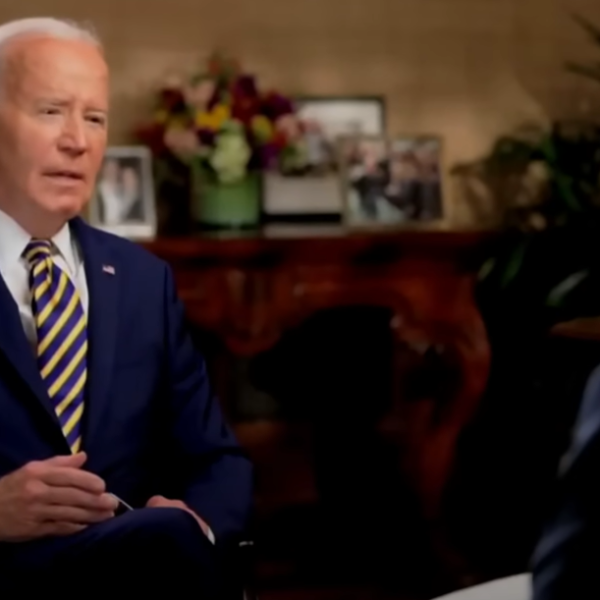Our focus today is on the developing narrative of political figures amplifying their past achievements. The spotlight is currently on Minnesota Governor Tim Walz, who has been accused of overplaying his role as a football coach at Mankato West High School. For years, Walz has been lauded as a high school football coach who significantly transformed the school’s football program, often insinuating that he was the head coach responsible for the team’s victories. However, recent revelations indicate that Walz was not the head coach but served as a defensive coordinator under head coach Rick Sutton. While being a defensive coordinator is indeed a significant role, it is not the pinnacle position he has frequently portrayed himself to hold.
These revelations come at a critical juncture as Walz is currently in the national limelight, serving as Vice President Kamala Harris’s running mate in her presidential campaign. His background as a public school teacher, National Guardsman, and football coach has been central to his political persona. These roles have been used to demonstrate his leadership capabilities and his connection with everyday Americans. But with this new information coming to light, doubts about the veracity of his narrative are beginning to surface.
The issue extends beyond just the title; there seems to be a wider pattern of exaggeration in Walz’s history. He has already faced backlash for other assertions related to his military service. The revelation that he wasn’t the head coach, contrary to his frequent implications, adds another dimension to concerns about his credibility. In a recent video aimed at galvanizing the Democratic base, Walz compared his coaching days to the current political climate. “As a football coach, we’re back on offense,” he stated, attempting to depict a sense of revitalized energy and momentum within the party. He also commended Vice President Harris for “bringing the energy” and focusing on key issues like protecting democracy, reproductive rights, and advocating for the middle class.
https://twitter.com/amuse/status/1821552762800239084?ref_src=twsrc%5Etfw
However, it’s worth questioning whether this message will resonate as strongly now that the truth about his coaching role has been revealed. Leadership fundamentally hinges on trust, which is rooted in authenticity. As more aspects of Walz’s past are scrutinized, it appears that the narrative he has woven around himself is gradually coming apart.
This situation extends beyond just a football title; it sheds light on how politicians portray themselves to the public. In a climate where trust in political leaders is already precarious, revelations like this can further erode that fragile trust. As Walz continues to campaign based on his track record, addressing these inconsistencies head-on will be essential if he hopes to retain support from voters who value honesty and integrity.
With each day, more scrutiny is being placed on Walz’s past actions and statements. The implications of this scrutiny reach beyond just one politician; they underscore a growing trend among political figures who may inflate or misrepresent their experiences for personal advantage. In an era where constituents increasingly demand transparency, every detail counts.
This story raises crucial questions about accountability in politics. How much should voters know about their leaders? And how does one’s past influence their ability to lead effectively? These are critical conversations that need to occur as citizens interact with their representatives and hold them accountable for their words and deeds.
In light of these developments surrounding Governor Walz, we would love to hear your thoughts. Do you believe that amplifying one’s past is a common practice among politicians? How important is authenticity in leadership today? Share your thoughts in the comment section below!
Source: Steadfast Nation




Leave a Comment